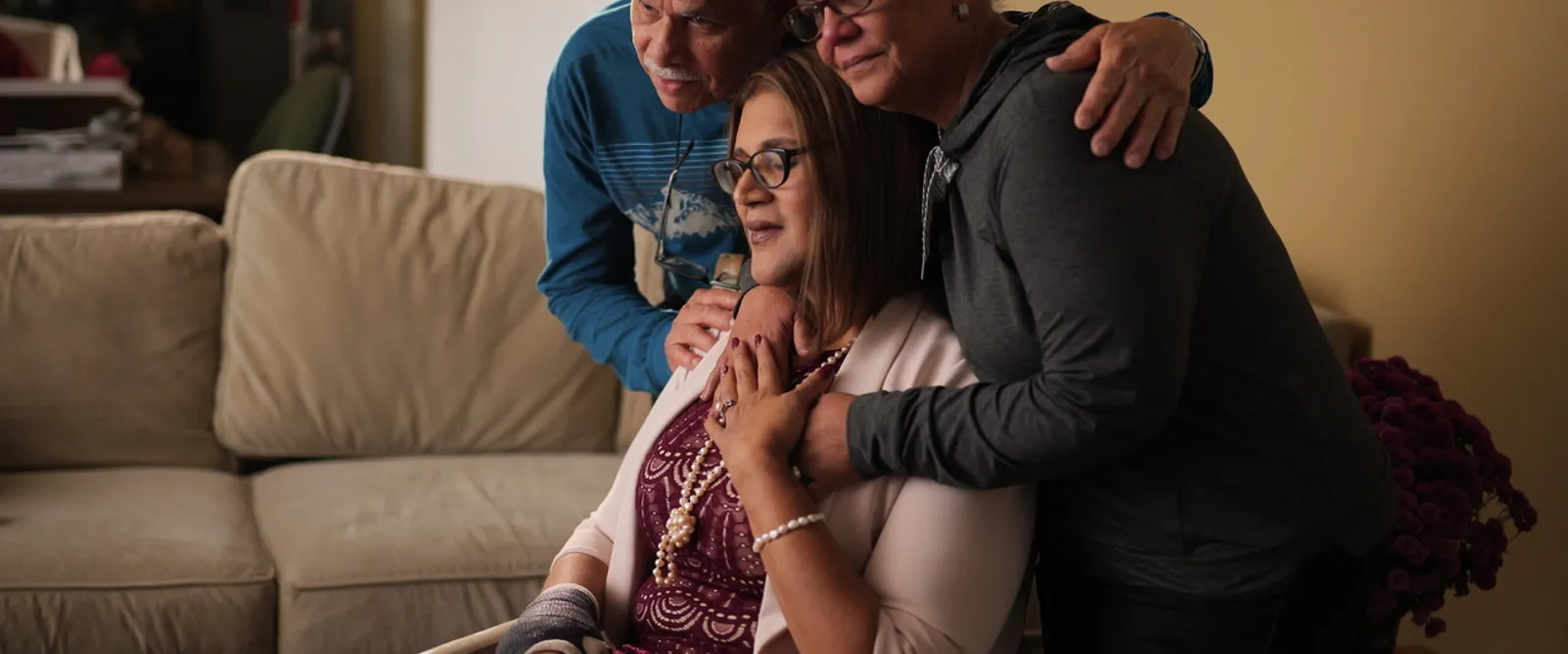Stay current on healthcare and be open with your doctors
See your doctor(s) for regular check-ups. Doing this can catch conditions before they become bigger issues. Make a habit of sharing your questions and concerns so you know what you’re dealing with, and can get the help you need. If relevant, consider what long term and end-of-life care options are important to you, and tell a trusted loved one. Though it may be difficult to think about, it’ll provide relief to know you’ve communicated your wishes in advance of any emergency situations and will prevent them from being put in difficult positions later.

